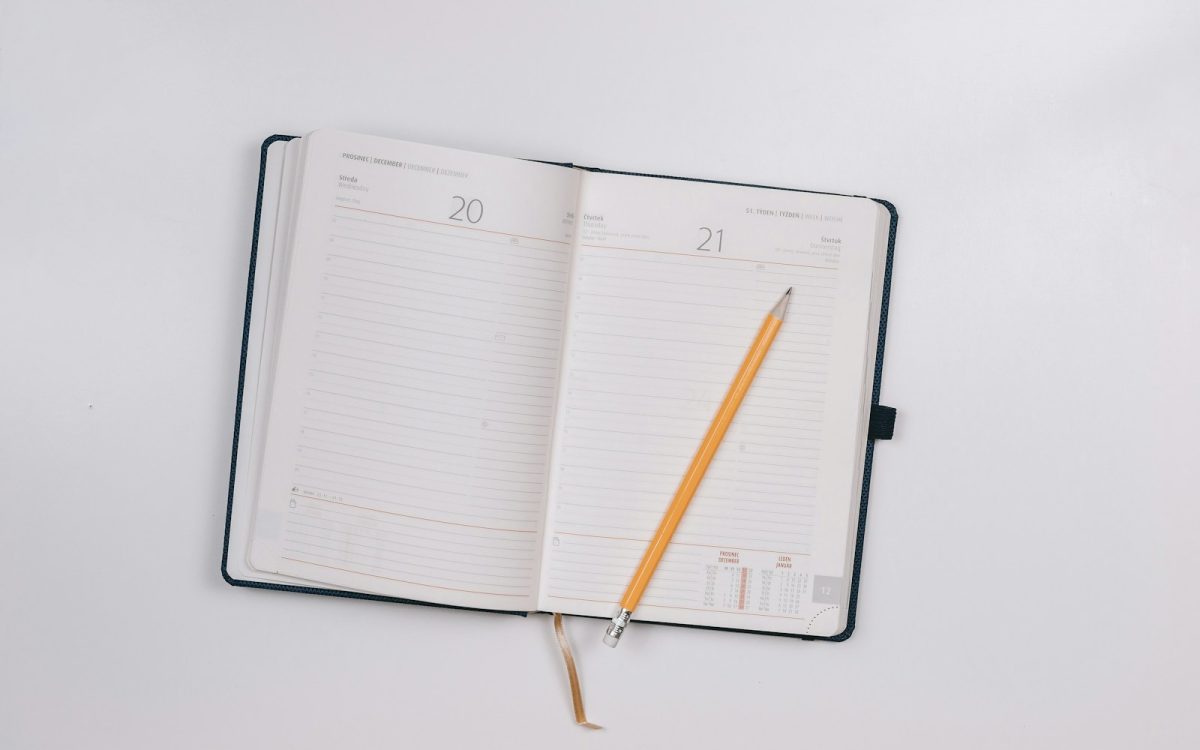Getting enough quality sleep is essential for your physical health, emotional well-being, and overall performance. Yet many of us struggle with falling asleep, staying asleep, or waking up feeling refreshed. One powerful but often overlooked tool for improving sleep is keeping a sleep journal.
In this article, we’ll explore what a sleep journal is, why it’s beneficial, and how to start one—helping you take control of your sleep and well-being.
What Is a Sleep Journal?
A sleep journal (or sleep diary) is a log where you record information about your sleep patterns, habits, and factors that may influence your rest. It allows you to track your bedtime routine, the quality and quantity of your sleep, and other relevant daily habits. Over time, this data helps you identify patterns and potential issues that could be affecting your sleep.
Benefits of Keeping a Sleep Journal
1. Identifies Sleep Patterns: By tracking when you go to bed, fall asleep, wake up, and rise, you can spot irregularities and trends in your sleep schedule.
2. Reveals Sleep Disruptors: Journaling helps you uncover habits that might be interfering with rest, such as late-night screen use, caffeine intake, or stress levels.
3. Enhances Self-Awareness: Noticing how your daily behaviors impact your sleep builds mindfulness, making it easier to adjust routines or break poor habits.
4. Improves Sleep Hygiene: A journal encourages more consistent, healthier sleep routines by helping establish regular sleep and wake times.
5. Aids Healthcare Providers: If you’re working with a doctor or sleep specialist, a detailed sleep journal provides valuable insight for diagnosing and treating sleep issues like insomnia, sleep apnea, or restless leg syndrome.
How to Start a Sleep Journal
Setting up a sleep journal is simple, and you can choose a format that works best for you—whether that’s a notebook, spreadsheet, app, or printable template.
What to Record in Your Sleep Journal
Start each day by recording the previous night’s sleep. Here are some key things to include:
1. Date
2. Bedtime and Wake Time
– What time did you go to bed?
– What time did you fall asleep?
– What time did you wake up?
– What time did you get out of bed?
3. Total Sleep Time
– Estimate how many hours you slept.
4. Sleep Quality
– How would you rate your sleep on a scale of 1–10?
– Did you feel rested upon waking?
5. Waking Periods
– How many times did you wake up during the night?
– How long were you awake each time?
6. Naps
– Did you nap during the day? For how long?
7. Lifestyle Factors
– Caffeine or alcohol consumed (what and when)?
– Exercise (type and time)?
– Medications or supplements taken?
– Stress or emotional state?
8. Screen Time
– How long were you on screens before bed?
9. Bedtime Routine
– Did you follow a consistent nightly routine?
10. Other Notes
– Anything unusual that might have impacted your sleep (e.g., traveling, illness, noise)?
Sample Sleep Journal Entry
Date: June 10
Went to bed: 10:30 PM
Fell asleep: 11:00 PM
Woke up: 6:30 AM
Got out of bed: 6:45 AM
Total sleep: 7.5 hours
Sleep quality: 6/10 (tossed and turned)
Woke up: 2 times (once at 1:30 AM, again at 4:00 AM)
Naps: 20-minute nap at 3 PM
Caffeine: 1 cup of coffee at 8 AM, iced tea at 2 PM
Exercise: 30-minute walk at 5 PM
Medication: None
Stress: Moderate (work deadline)
Screen use: Watched TV until 10:15 PM
Routine: Skipped usual reading due to work
Notes: Felt wired before bed, thoughts racing.
Tips for Success
– Be consistent. Track your sleep daily, ideally in the morning.
– Be honest. Accurate records help uncover the root of sleep issues.
– Use reminders. Schedule time or set alarms to log your entries.
– Consider mobile apps. Apps like Sleep Cycle, SleepScore, or CBT-i Coach can help track and analyze sleep data more easily.
Conclusion
A sleep journal is a simple yet powerful way to gain control over your sleep habits. By increasing awareness of behaviors that promote or disrupt rest, you can begin making informed changes that lead to better sleep and improved well-being. Whether you’re struggling with occasional sleepless nights or chronic insomnia, keeping a sleep journal may offer the clarity you need to sleep healthier and live better.
So grab a notebook or open an app, and start journaling tonight—your future rested self will thank you.




